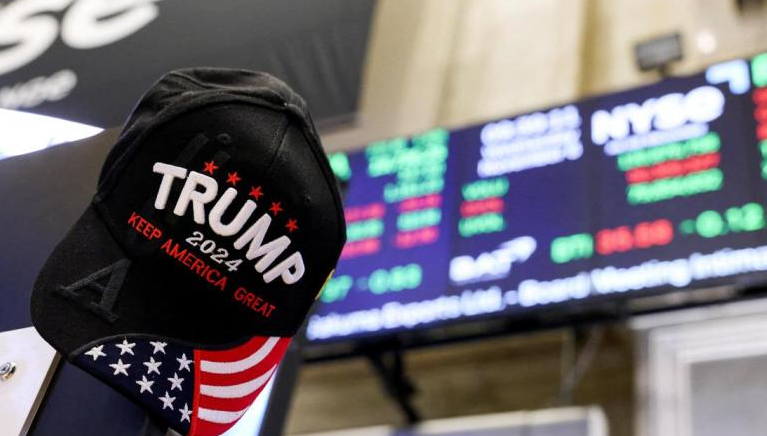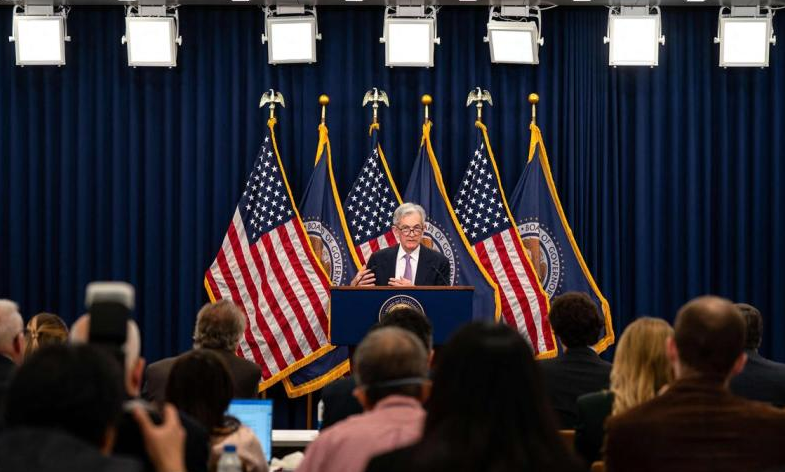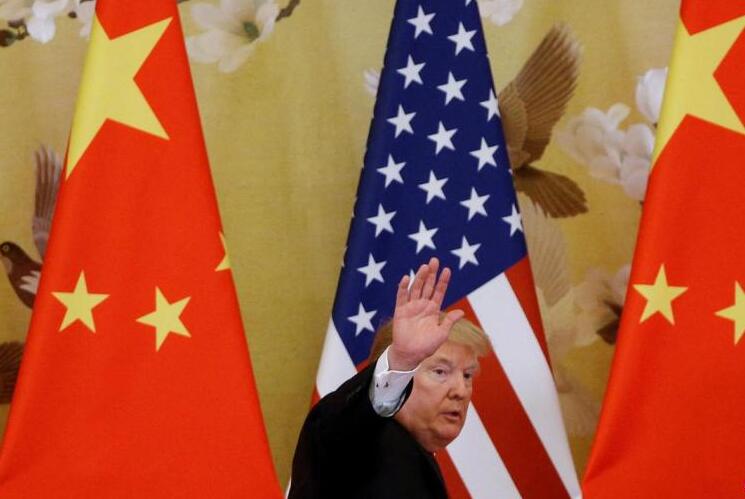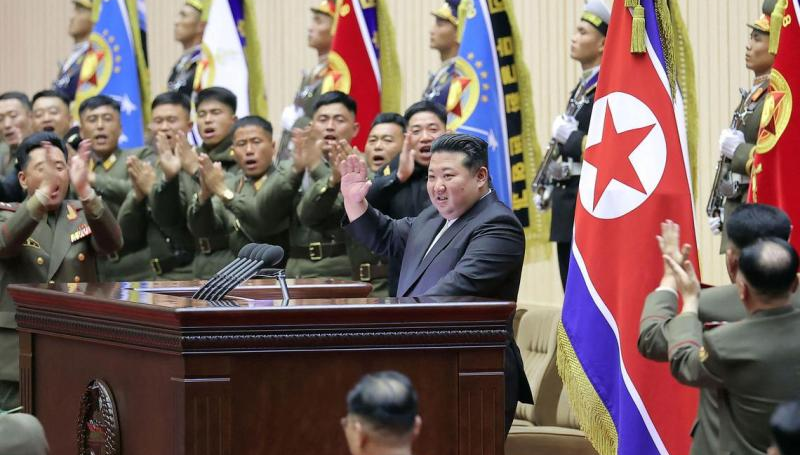
The Republican Party’s comprehensive victory not only signifies a shift in the political tide in the United States but also heralds a turning point in the world’s historical trends. This is related to the adjustment of the U.S. global strategy and the direction of the world’s major contradictions.
On November 2nd, prior to the election, the author published an article in Lianhe Zaobao titled “Has the U.S. Made a Strategic Mistake?” that subtly hinted at a prediction for the presidential election. The Biden administration committed a significant strategic error in the Russia-Ukraine issue, which could diminish the likelihood of the Democratic Party maintaining power. The U.S. is now at a point where it needs to correct its strategic errors, and Trump is seen as a suitable candidate for this purpose.
From a broader historical perspective, this is the fundamental reason for his election. Currently, the situation in the Russia-Ukraine conflict is clearly not favorable to Ukraine, with Russian forces making continuous progress. The ongoing conflict between Russia and Ukraine is increasingly resembling a quagmire for the U.S.’s global strategy. Over two years ago, the Biden administration “allowed” for a full-scale war to break out between Russia and Ukraine, rather than trying to prevent it. After relations with the West plummeted, Russia made a strategic pivot to the East. As for China, which is far from the battlefield, it is both watching the situation unfold and reaping benefits.
The Biden administration successfully utilized the Ukraine issue to drain and suppress Russia, but Russia is not the U.S.’s top competitor. In fact, the Biden administration has “successfully” pushed Russia closer to and more dependent on China, thereby improving China’s strategic environment to some extent. During this time, Sino-Russian economic and military cooperation reached an unprecedented level, with Russia even transferring cutting-edge military technology to China, according to U.S. Deputy Secretary of State Campbell. The solid cooperation between China and Russia against the U.S. has already formed, but can it be reversed?
If the U.S. continues to view China, rather than Russia, as its primary competitor, it may be time to make appropriate adjustments in its relations with Russia, which is closely related to changing its stance in the Russia-Ukraine conflict. While the U.S. has gained significant benefits from the Russia-Ukraine conflict, it has also paid a considerable price, whereas China has gained significant benefits with relatively fewer costs. The prolonged Russia-Ukraine conflict clearly benefits China more than it harms, while the reverse is true for the U.S.
Trump’s criticism of the Russia-Ukraine conflict suggests the possibility of a dawn for its end – although there are still significant obstacles to overcome. It should be noted that Trump does not solely blame Russia and Putin for the outbreak of the conflict; he believes that the Ukrainian side, especially President Zelensky, also bears responsibility. Understanding the responsibility for the outbreak of the conflict is closely linked to ending the conflict in an appropriate manner. Trump has criticized Biden and Harris for involving the U.S. in the Russia-Ukraine conflict, aiming to extricate the U.S. He realizes that this war impacts the U.S.’s ability to accomplish more critical historical tasks.
The necessity and urgency of adjusting the U.S.’s global strategy have propelled Trump to the forefront of the political stage. Trump has stated that he will end the conflict before taking office. His election should be seen as the biggest variable influencing the Russia-Ukraine conflict – the most significant force supporting Ukraine in the war has undergone significant changes.
If the Russia-Ukraine conflict can end in the near future, it should signal a return of U.S.-China competition to the center stage of world history. All other contradictions are “subordinate” to this globally significant contradiction, and the possibility of escalating conflict cannot be completely ruled out. The U.S., represented by Trump, leading this global competition should be more appropriate than Harris of the Democratic Party – the latter claimed last month that Iran (not China) is the U.S.’s biggest enemy, contrary to the views of many U.S. political elites.
Trump’s policy towards China is more difficult to predict, which is also the case for the Chinese government, but it is foreseeable that he will be tougher on China in at least some areas compared to Biden.
The historical new turn in U.S.-China relations is facing a critical juncture. The current historical trend can roughly be described as the continued rough waters on both sides of the Pacific, with even rougher waters ahead. Trump’s victory can be seen as both a choice of the American people and a decision of history.
Once again, the historical tide is pushing Trump to the forefront, perhaps to achieve “unpredictable” goals. The British historian Toynbee once mentioned that “we are, after all, within history,” and will reach the “scene of historical experience” that previous figures (including Thucydides, the ancient Greek historian who wrote “History of the Peloponnesian War”) have reached. We should find ourselves on the edge of a great historical transformation – the United States, China, the Indo-Pacific region, and the world as a whole.







